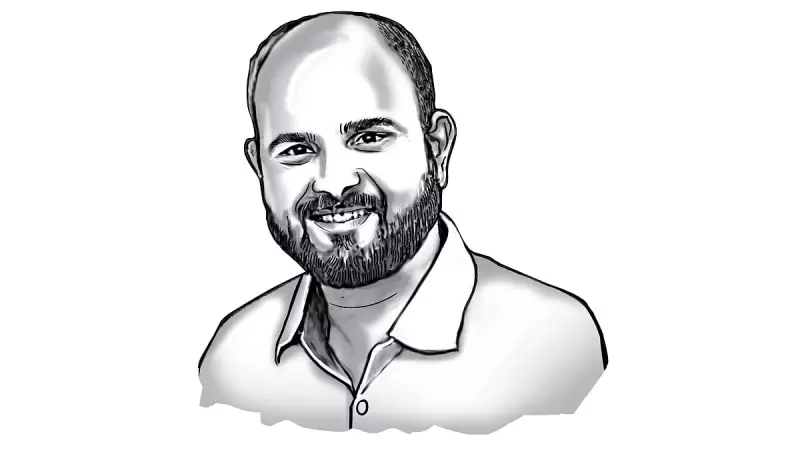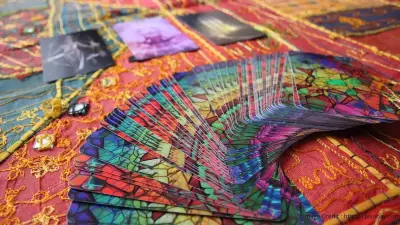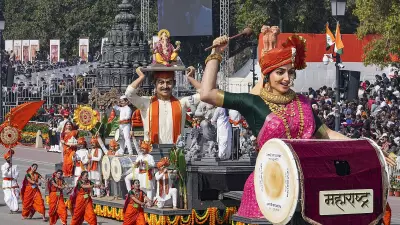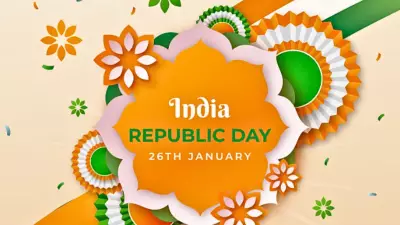
In an era where everything moves at lightning speed—from instant messaging to rapid delivery services—a quiet revolution is taking root across India. While the world races forward, a growing number of Indians are consciously choosing to slow down, reclaiming their time and mental peace in what experts are calling 'the slow movement.'
The Price of Constant Acceleration
Modern Indian life has become synonymous with speed. We juggle multiple screens, respond to notifications within seconds, and measure productivity by how much we can accomplish in minimal time. This culture of haste comes at a significant cost to our mental health and overall wellbeing.
"We've become victims of our own efficiency," says Dr. Priya Sharma, a Delhi-based psychologist. "The constant pressure to be faster, do more, and achieve quicker has led to unprecedented levels of burnout, anxiety, and disconnection from what truly matters."
Rediscovering Indian Traditions of Mindfulness
Ironically, the solution many are turning to lies in India's own cultural heritage. Practices like yoga, meditation, and mindful living—once considered alternative—are now being recognized as essential tools for navigating modern life.
From Bengaluru tech professionals adopting digital minimalism to Mumbai executives embracing slow food movements, urban Indians are finding innovative ways to incorporate slowness into their daily routines.
Practical Ways to Embrace Slowness
- Digital Boundaries: Designate tech-free hours and create sacred spaces without devices
- Mindful Eating: Rediscover the joy of leisurely meals without distractions
- Single-Tasking: Focus on one activity at a time instead of constant multitasking
- Nature Connection: Regular walks in parks or green spaces to reset your pace
- Quality Over Quantity: Prioritize meaningful experiences over packed schedules
The Business of Slowness
This cultural shift hasn't gone unnoticed by the market. Wellness retreats in Kerala, slow living workshops in Delhi, and mindfulness apps developed in Indian startups are catering to this growing demand. Even corporate India is taking note, with companies introducing meditation rooms and flexible work arrangements to combat employee burnout.
As one Hyderabad-based IT professional shared, "Taking 15 minutes to simply sit with my chai without checking emails has become my most productive habit. It's when I get my best ideas."
The Future is Slow
While technology will continue to accelerate, the conscious choice to slow down represents a more sustainable approach to modern living. It's not about rejecting progress, but about finding balance—merging India's ancient wisdom with contemporary needs.
The slow movement reminds us that in a world obsessed with speed, sometimes the most radical act is to simply pause, breathe, and rediscover the richness of the present moment.





